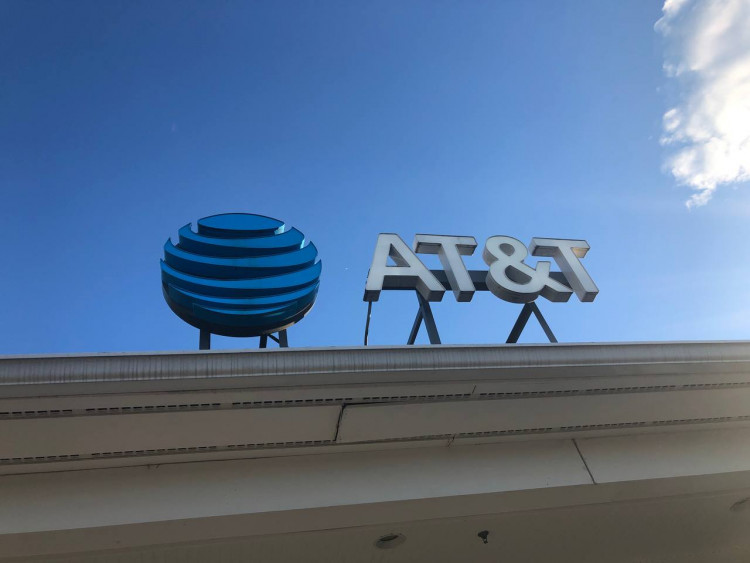The ongoing strike by more than 17,000 AT&T workers across nine southeastern states has entered its third week, with no resolution in sight as the dispute between the telecom giant and the Communications Workers of America (CWA) union intensifies. The workers, who include internet service technicians, customer service representatives, and other key personnel, walked off the job on August 16 after contract negotiations hit an impasse. The strike spans Alabama, Florida, Georgia, Kentucky, Louisiana, Mississippi, North Carolina, South Carolina, and Tennessee, affecting a significant portion of AT&T's service infrastructure.
The core of the dispute lies in the workers' demands for better wages, improved healthcare benefits, and more predictable work schedules. The CWA has accused AT&T of failing to negotiate in good faith, violating the National Labor Relations Act, and using delay tactics to avoid reaching a fair agreement. Richard Honeycutt, Vice President of CWA District 3, highlighted the union's frustrations, stating, "As we got closer to the expiration, it just seemed like AT&T was not bargaining." Honeycutt emphasized the union's concerns over forced overtime, which has disrupted workers' ability to plan their lives and spend time with their families.
AT&T, however, disputes the union's claims, arguing that it has been committed to reaching a fair and competitive agreement. "We're disappointed that union leaders would call for a strike at this point in the negotiations rather than directing their energies toward constructive discussions at the bargaining table," an AT&T spokesperson said. The company insists that it remains focused on customer service and is prepared to address all contingencies to minimize service disruptions during the strike.
The strike has already caused significant disruption for AT&T customers, with reports of internet service outages and delays in repairs. Tom Smith, an economist at Emory University, noted that the strike's impact on customers could put pressure on AT&T to return to the negotiating table. "If it wasn't disruptive or it didn't have any kind of negative element towards customers, then AT&T, I suspect, wouldn't feel any kind of pressure to negotiate," Smith explained.
The CWA has expressed its willingness to return to negotiations, provided that AT&T sends representatives with the authority to make decisions. "If the company doesn't want to send the right representative to the table, our members are prepared to stay out and strike as long as we have to," said Ed Barlow, President of CWA Local 3204 in Atlanta. Despite agreeing to federal mediation earlier in the process, the union withdrew from mediation this week, accusing AT&T of using the process as a stalling tactic. "We appreciate the mediator's efforts. Our message to AT&T is: no more excuses. It's time to get serious about bargaining so we can get back to work serving our customers," Honeycutt declared in a press release.
AT&T criticized the union's decision to withdraw from mediation, arguing that progress would require compromise. "Regardless of whether a neutral third-party is present, progress will not be made without a willingness to compromise," the company stated. The telecom giant remains steadfast in its position, emphasizing that its goal is to reach a fair agreement that benefits its employees while ensuring continued service for its customers.
The current strike echoes a similar situation in 2019 when approximately 20,000 CWA-represented AT&T employees in the South went on strike for four days. That strike concluded with a five-year tentative agreement that increased wages and enhanced retirement plans. However, the issues at the heart of the current dispute appear to be more complex, with both sides entrenched in their positions.
The impact of the strike extends beyond AT&T's residential customers, with potential disruptions to critical services such as 911 circuits, airport communication systems, and government agency networks. Honeycutt expressed concern about the broader implications of the strike, noting, "We're talking about some major stuff that could go wrong. We're ready to go back if we just see the right movement as far as trying to address the charges."




